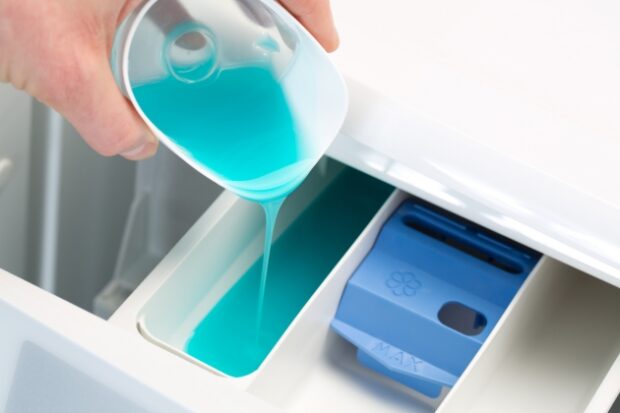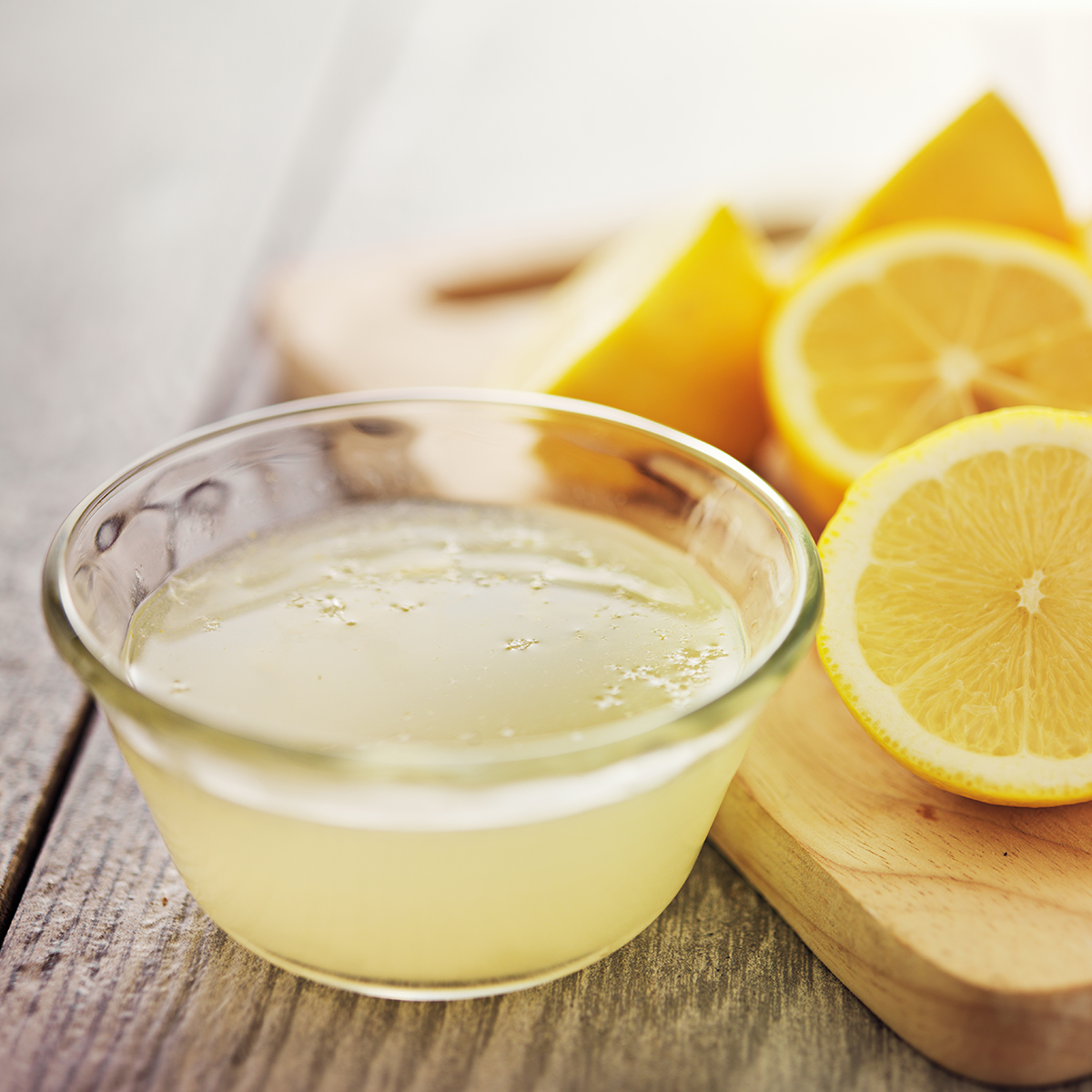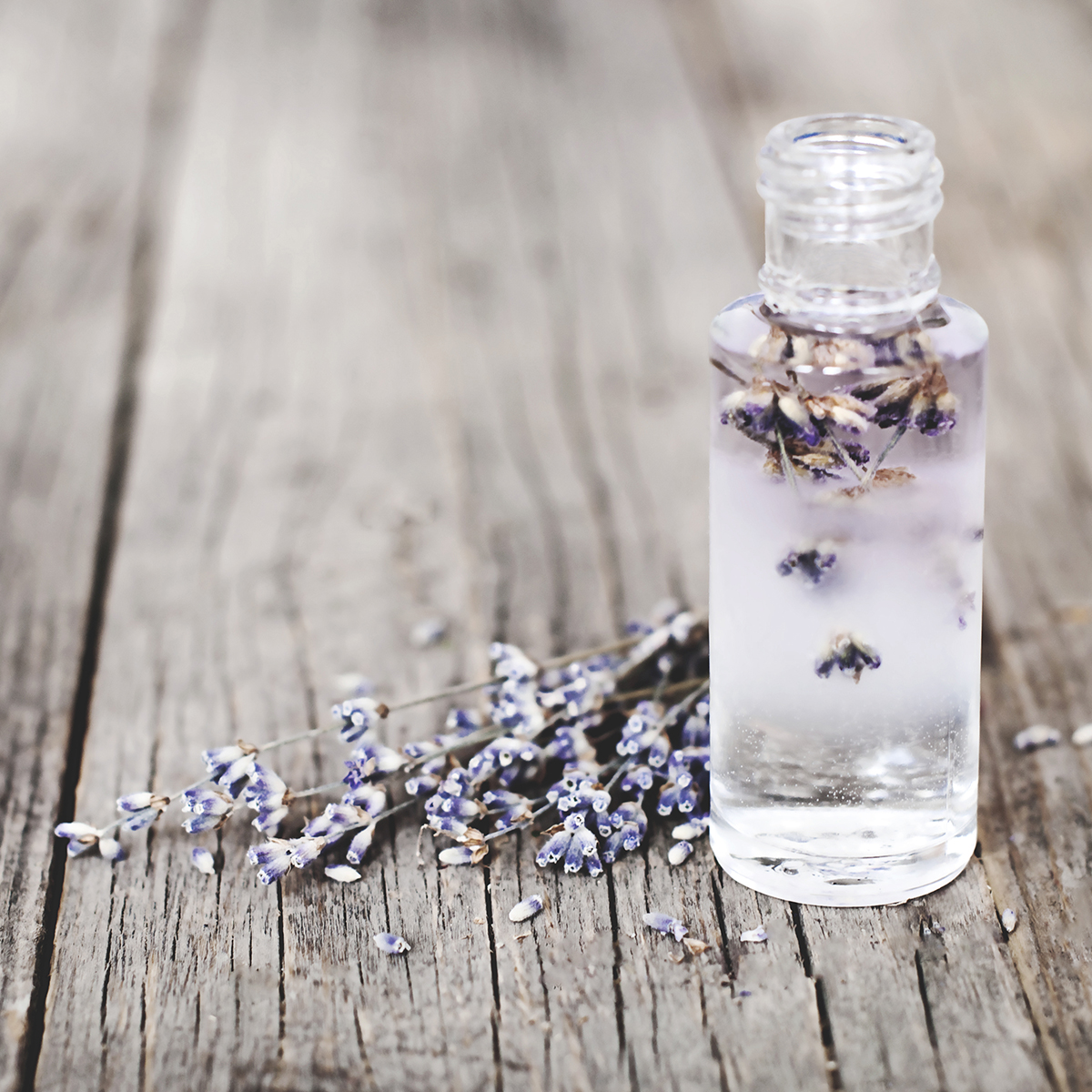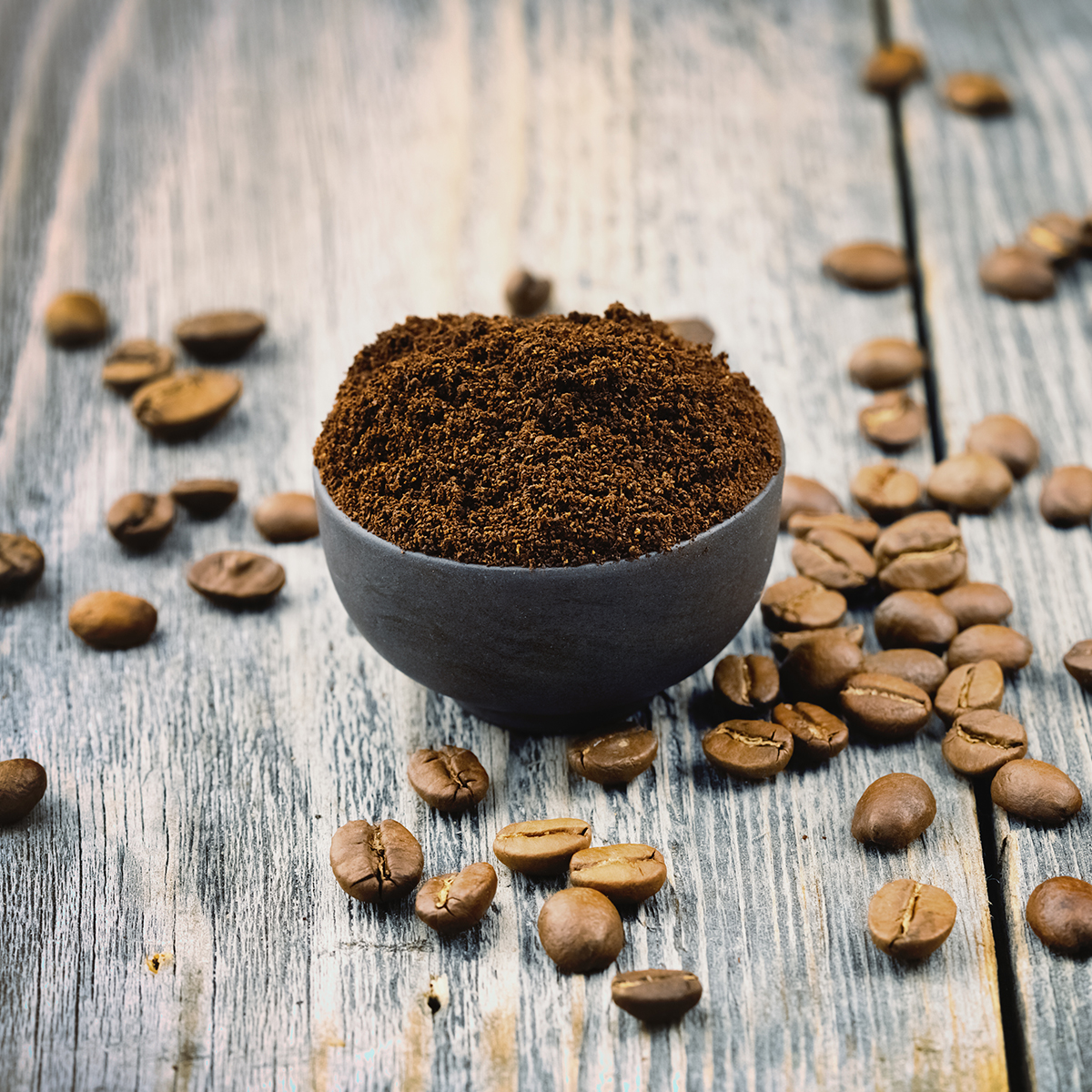Chemical cleaning products aren’t great for the environment. Chemical compounds from your cleaning products can pose ecological risks to water sources and don’t break down fully for many years. Instead of pouring harsh chemicals down our drains, natural cleaning is the solution. Some of the most time-saving, green cleaning ingredients may already be in your kitchen or even in your bin.
So we’ve compiled a list of our favourite natural cleaning ingredients to help you around the house in a environmentally-friendly way.
Vinegar as a natural cleaning ingredient to handle grease and bacteria
Vinegar is such a versatile cleaning substitute. It’s hard to find examples of things that can’t be cleaned by this household staple. Store purchased vinegar typically contains 5% acetic acid, the main ingredient for tackling grease and bacteria. Vinegar is especially good at decalcifying mineral deposits or cleaning unwaxed floors. Use it to clean your coffee-maker, to fight against the oily residue and other deposits that build up on it. Run a half vinegar and half water mixture through the coffee-maker, followed by a few rounds of clean water to get rid of the vinegar odour.
Olive oil as a natural cleaning ingredient to add shine and neutralise smells
Not to be outdone by vinegar, olive oil can be used for no end of natural home cleaning. It helps to remove adhesives from wood, plastic, leather, or any other smooth surface. It can also add shine to dull wooden surfaces or help neutralise smells coming from your drains. Pour one tablespoon of olive oil mixed with a little essential oil down your drain to remove the smell. Olive oil can also to be used to prevent water marks on your stainless steel kitchen sink – those annoying spots that make any cleaning job look unfinished. Wipe the kitchen sink with a light layer of olive oil to help prevent water stains.
Lemons as a disinfectant and whitening agent
Lemons act as natural disinfectants due to the citric acid in it. Use lemon juice and boiled water to kill germs on any kitchen or household items, such as your fridge or children’s toys. Lemons can also be used as a whitening agent for dish towels and linens instead of bleach. Soak the whites in a one part lemon and four part water solution overnight, and dry in the sunshine the next day. Lemon juice can also be used to remove soap scum and hard water deposits in your bathroom. Apply lemon juice to the troublesome areas with a sponge and let it sit for a couple of hours before rinsing.
Baking soda as an effective abrasive
Some of your favourite fruit and vegetables like celery, peaches, blueberries, and greens need thorough washing to get rid of hidden traces of dirt and pesticides. To clean this fruit and veg properly, soak them in cool water for about 5 to 10 minutes with a few tablespoons of baking soda while occasionally scrubbing with a vegetable brush. Baking soda is also a gentle but effective abrasive. It works well for removing grimy layers of build-up on toasters and other kitchen appliances made of chrome or stainless steel. This layer of film can be removed by dipping a soft, damp sponge in a little baking soda and applying to the surface. Wipe with a clean cloth after to remove any leftover baking soda.
Essential oils as an aroma-therapeutic and antiseptic cleaning ingredient
Essential oils work as a cleaning product with the bonus of their aroma-therapeutic benefits. For example, make your bedding smell like eucalyptus by adding 25 drops to your wash cycle. Dust mites hate the smell. Essential oils such as lavender or lemongrass oil can be used to clean your windows thanks to their antiseptic nature. Add a few drops to water to clean grime off windows and mirrors.
Bread to clean your oil paintings
The most unlikely pairing comes from these two; a heirloom oil painting and the soft insides of a piece of bread. First, lightly dust the painting and then dab it with the doughy part of the bread to gently remove accumulated dirt and other particles. The bread easily breaks apart as it picks up the dirt. Use a soft brush or cloth to wipe away the breadcrumbs afterwards. Bonus tip: dampened bread is also a good way to pick up small pieces of broken glass.
Coffee grounds as a natural air freshener and smell absorber
Used coffee grounds are great for home cleaning – absorbing unpleasant smells from your trash bins, your refrigerator, and even your hands after handling onions and garlic. Place small batches in smelly trouble spots instead of using chemical air freshener sprays. Coffee grounds can also be used to help scrub hard-to-remove leftovers from your dishes. Simply soak your dirty dishes in mixture of warm water and two to three teaspoons of coffee grounds and the dirt will be simple to remove.
Salt as a scouring agent and grease absorber
Salt can be used to scour stains from teacups and coffee mugs. It also absorbs grease in a flash. Sprinkle salt on food spills in your oven to keep them from hardening. Before washing greasy iron pots and pans, add salt to absorb the grease, leave to sit for a few minutes, then wipe away. Salt can also be used together with baking soda and vinegar to unclog shower drains. Pour one cup of salt, one cup of baking soda, and half a cup of white vinegar down your bathtub or shower drain. After 10 minutes, pour down two litres of boiling water and your drain will be magically unclogged.
Use these natural cleaning tips and tricks to help you ditch those nasty chemicals. It’s kind to the environment, safer for your family, and even saves you some money in the process. So what are you waiting for? Go grab the vinegar and get started! Also, if you cannot find enough time to DIY, you can use our cleaning services in dubai.








